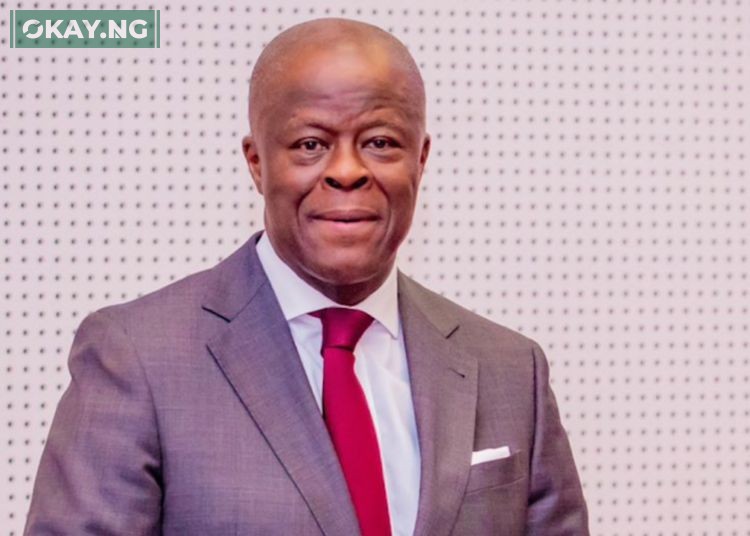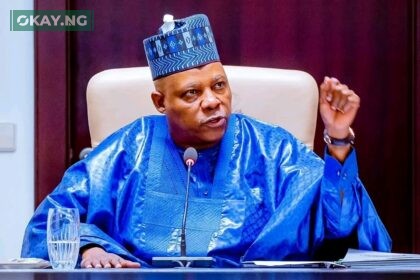As part of effort to cushion the effect stemming from the United States’ recently announced global trade tariff hikes, the federal government is indicating a possible revision of its substantial N54.99 trillion 2025 national budget. This disclosure was made on Monday by the Minister of Finance and Coordinating Minister of the Economy, Wale Edun, during a Corporate Governance Forum held in Abuja by the Ministry of Finance Incorporated (MOFI), okay.ng reports.
Minister Edun highlighted the risk of a decline in global oil prices as the primary channel through which the US tariffs could negatively impact Nigeria’s economy. In response to this potential threat, he stated that the government is actively working to increase the nation’s crude oil production levels. The aim is to offset any adverse effects that a price slump might have on Nigeria’s revenue streams, which are significantly reliant on oil exports.
Beyond boosting oil output, the government is also intensifying its efforts to enhance non-oil revenue collection. Edun pointed to the Federal Inland Revenue Service (FIRS) and the Nigeria Customs Service (NCS) as key agencies in this drive. He outlined a multi-pronged strategy that includes potential budget adjustments and prioritization of expenditures where feasible.
Furthermore, the government is exploring innovative non-debt financing strategies to bolster its financial resilience. While acknowledging the potential challenges posed by the US tariffs, Minister Edun sought to assure stakeholders that Nigeria is in a relatively strong position to weather global trade disruptions. He noted that Nigeria’s trade relationship with the United States has been in surplus over the past three years, with annual exports ranging between $5 billion and $6 billion. Consequently, he argued that the direct tariff impact on Nigeria’s exports would be minimal, provided the current volume of oil and mineral exports is maintained. This assertion, however, reportedly drew murmurs of disagreement from attendees at the Abuja forum.













